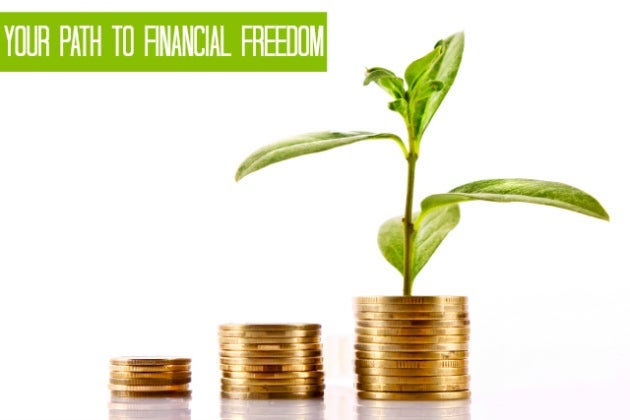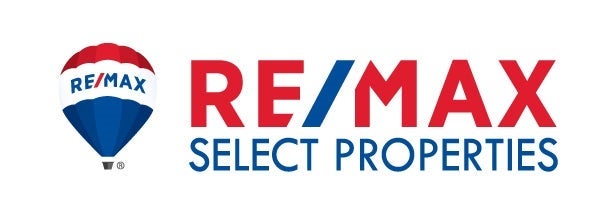
Imagine having the money to live comfortably, take a dream vacation, pay for your child’s education and maintain your lifestyle during retirement. For many, financial freedom may seem like a pipedream; however, by adhering to a spending plan (budget), it is possible to eliminate debt, save for a rainy day and alleviate the stress you feel every month when you pay your bills. Over half of consumers track their spending against a monthly budget. If you have to finance it, you can’t afford it. The only exceptions to this rule are homes and cars. If you can’t pay for it on the spot, then you should wait to buy it until you have the saved cash.
Budget: Spending Money on Purpose
To achieve financial freedom, you must create an intentional spending plan and stick with it. Though it may feel overwhelming, a spending plan is necessary in order to meet your short – and long – term goals.Get a clear picture of your current financial situation:
1. List all of your fixed expenses, such as utilities, groceries and debt payments.
2. List all of your irregular expenses. These expenses are due throughout the year, including taxes, car maintenance and vacations.
3. Every other expense is discretionary spending. This includes shopping and your daily gourmet coffee run.
4. A, B, C your expenses. A’s are for needs. B’s are needs you can be more efficient with, like utilities and groceries. C’s are wants.
5. Total your expenses and compare them to your net income. If your expenses total more than your income, then it’s time to reassess your spending habits and make cuts from your B’s and C’s.
Save: Paying yourself First·
Make it automatic. Sign up for your bank’s automatic transfer program and move a percentage of your paycheck to your savings account each payday.·
Ask for discounts. For example, ask your insurance company about discounts that you may qualify for, which can lead to saving on your premium.·
Think before you buy. To resist impulse buys, wait 24 hours to buy and item. It may turn out that you do not need it after all.
Credit Cards
If you have outstanding balances on two or more credit cards, use the rollover formula to pay them off.·
Make a larger payment on the card with the highest interest rate and pay the minimum on the rest.·
Once the highest interest rate card is paid off, apply the amount of its payment to the minimum amount you were paying on the card with the second highest rate.·
When the second card is paid off, add that amount to the payments of the third card, etc. until you have paid off all of your credit cards.
Loans
Most loan payments are calculated using compounding interest, which is the interest that is added to the principal of the loan each month and the balance is outstanding, causing you to pay interest on interest. Although it’s designed to work against you, it is possible to pay off the loan three to four times faster with minimal additional cost to you, just knowing your “magic number.”
Your “magic number” is the portion of your monthly payment that goes to pay the principal. To pay your loan off quickly, double, triple or quadruple your principal or “magic number” each month.
Tips to Help you Stick to your Budget·
Set 90 day goals·
Track daily and weekly expenses to know where your money is going·
Ask for help. Enlist a friend or loved one to help you remain accountable to your budget.·
Focus on the win! Imagine how you’ll feel when you’ve paid off your debt and have achieved financial freedom.·
Use a small portion of the surplus to reward yourself.
I hope that these tips help you achieve your financial goals. Should one of those goals be to buy a house, I, Leslie McDonnell, with RE/MAX Select Properties, am here to help you! Contact me today!
